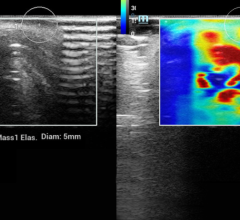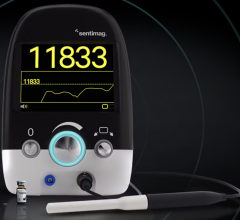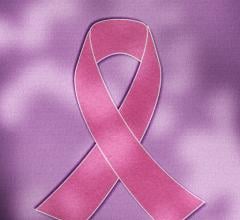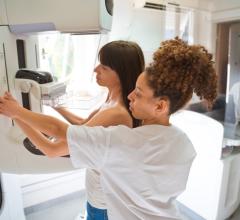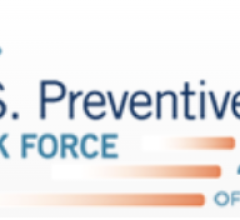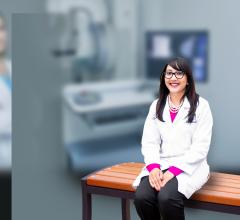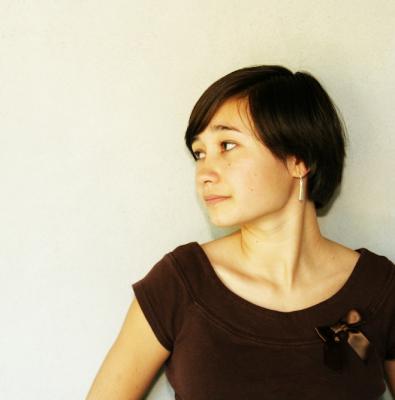
April 28, 2014 — Dartmouth researchers have found the anxiety experienced with a false-positive mammogram is temporary and does not negatively impact a woman’s overall well-being. Their findings are reported in “Consequences of False-Positive Screening Mammograms,” published online in the April 21 JAMA Internal Medicine.
Anywhere from 40 to 60 percent of women who undergo routine screening mammography during a 10-year period will experience a false-positive mammogram. Such mammograms require additional testing, sometimes involving a biopsy, to confirm that cancer is not present.
Researchers have suspected that increased anxiety, pain and the bother of additional tests might adversely affect the quality of life for women who experience false-positive screening mammograms. In this study, Dartmouth researchers used data collected by the Digital Mammographic Imaging Screening Trial (DMIST), which was conducted by the American College of Radiology Imaging Network (ACRIN) to study the impact a false-positive mammogram has on women’s lives.
“Most policy analyses of breast cancer screening have used assumptions about the harms of screening on health and overall well-being based on expert opinion rather than patient-reported outcomes,” said principal author Anna N. A. Tosteson, ScD, James J. Carroll professor of medicine, professor of community and family medicine and of the Dartmouth Institute for Health Policy & Clinical Practice at the Geisel School of Medicine at Dartmouth, and co-director of the Norris Cotton Cancer Center’s Cancer Control Research Program. “The DMIST study did not support these assumptions, and gave us evidence that a false-positive mammogram experience has a limited impact on women’s overall well-being.”
The researchers studied personal anxiety and a standard measure of overall health and well-being often used by health economists to evaluate the effectiveness of health interventions. Attitudes toward future screening were measured by women’s intention to use breast screening in the future, and how much they would prefer to have a hypothetical new type of mammography with a lower chance of a false-positive result.
While false-positive mammograms were associated with a temporary increase in women’s anxiety, they had no measurable influence on overall health and well-being. Additionally, a false positive actually increased women’s intentions to use breast cancer screening in the future and did not increase how much women preferred the new mammogram with fewer false positives. Another analysis showed women’s anticipated anxieties about future false-positive mammograms were associated with a strong preference for the new type of mammogram.
Tosteson noted the study’s findings suggest there is an opportunity to educate women about the false-positive mammogram experience. “With all the controversy about mammograms and whether they result in a net benefit or harm for women, it is important for women to be educated about possible screening outcomes. Women need to make informed decisions that are based on their own risks and preferences,” Tosteson said. “Our report can help those counseling women about breast cancer screening and will also be useful to those developing mammography screening guidelines.”
She stressed that further evaluation is needed, and that several groups sponsored by the National Cancer Institute are actively studying mammography screening, including the PROSPR (Population-based Research Optimizing Screening through Personalized Regimens) Network and the Breast Cancer Surveillance Consortium.
For more information: www.cancer.dartmouth.edu


 May 03, 2024
May 03, 2024 
